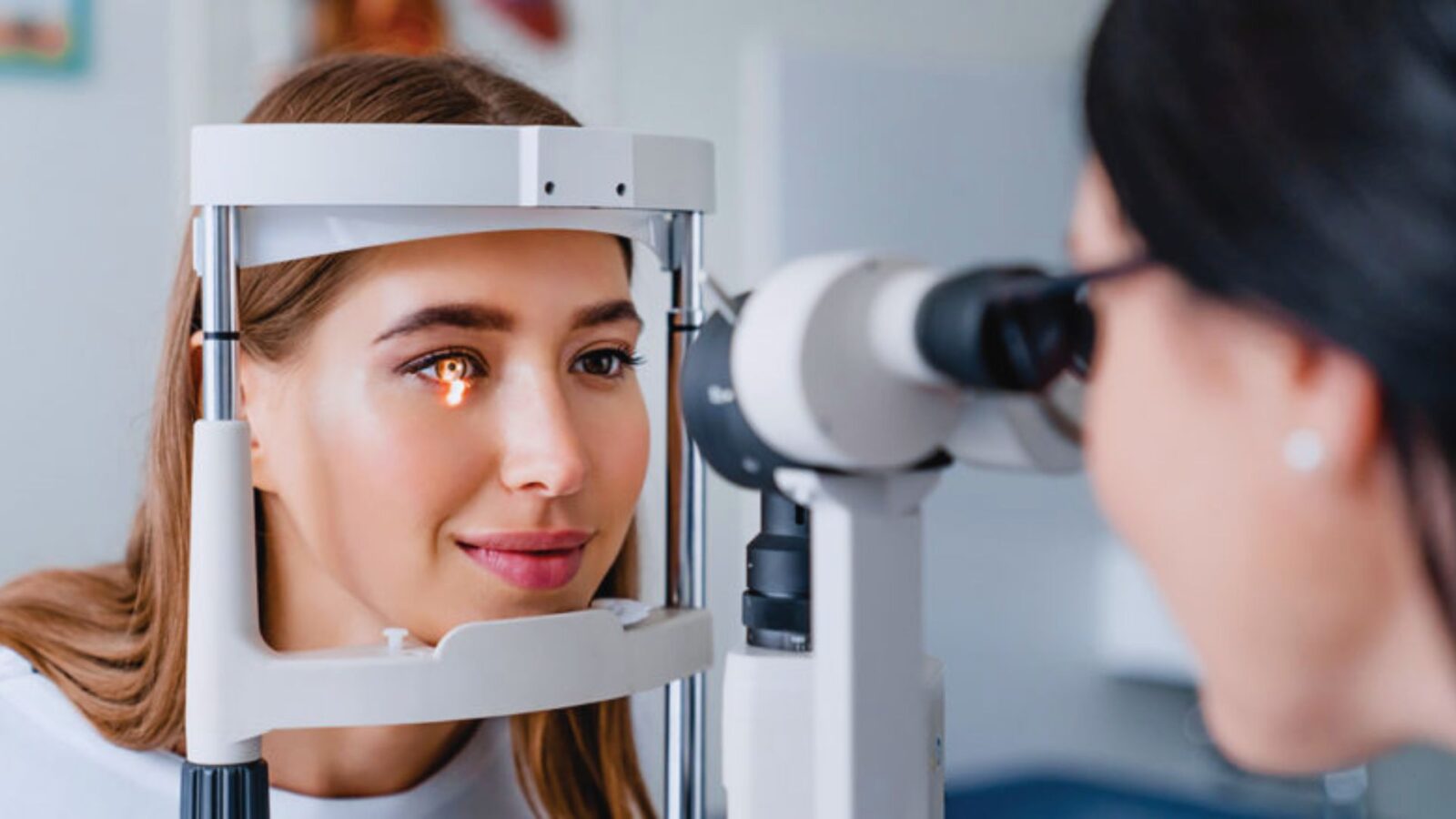Good vision plays a vital role in our daily lives, but with increased screen time and hectic routines, maintaining eye health can be challenging. Fortunately, there are effective ways to improve and protect your eyesight from the comfort of your home. While these tips won’t replace medical treatment for serious eye conditions, they can help reduce eye strain, enhance focus, and support overall eye health. Incorporating eye-friendly foods, following healthy screen habits, and practicing simple exercises can make a noticeable difference.
Additionally, lifestyle adjustments such as staying hydrated, getting adequate sleep, and shielding your eyes from harmful light sources can help maintain sharp vision for the long term. Whether you’re experiencing mild discomfort or just want to prevent future issues, these home-based strategies are easy to implement and can be tailored to fit your daily routine. Let’s explore the top 10 tips to improve your eyesight naturally!
1. Follow the 20-20-20 Rule
Digital eye strain is one of the most common issues today. To reduce its impact, practice the 20-20-20 rule: every 20 minutes, take a 20-second break and look at something 20 feet away. This simple habit helps reduce eye fatigue, dryness, and strain caused by long hours in front of a screen.
How It Works:
- Relaxes the focusing muscles in the eyes.
- Prevents headaches and blurry vision.
- Reduces the chance of long-term vision issues due to screen overuse.
2. Eat Vision-Boosting Foods
A healthy diet plays a significant role in maintaining good eyesight. Incorporate foods rich in vitamin A, C, E, omega-3 fatty acids, and antioxidants like lutein and zeaxanthin.
Best Foods for Eye Health:
- Carrots: Rich in beta-carotene, essential for night vision.
- Leafy greens (spinach, kale): Loaded with lutein and zeaxanthin, which protect against macular degeneration.
- Fish (salmon, tuna): A great source of omega-3s, which prevent dry eyes.
- Citrus fruits (oranges, lemons): Provide vitamin C to reduce the risk of cataracts.
- Nuts and seeds: High in vitamin E, known to slow the progression of eye problems.

3. Get Sufficient Sleep
Your eyes need adequate rest to stay healthy. During sleep, the eyes recover from daily stress and rejuvenate. Chronic lack of sleep can lead to eye strain, dryness, and blurry vision. Aim for 7-9 hours of sleep every night to give your eyes enough downtime.
Tips to Improve Sleep Quality:
- Avoid screens an hour before bedtime.
- Use blue-light-blocking glasses if you read on a device at night.
- Keep your room dark and cool for better rest.
4. Perform Eye Exercises
Eye exercises can help enhance focus and strengthen the eye muscles. While they may not correct severe vision problems, they can reduce eye strain and improve visual acuity. Some exercises are particularly helpful if you experience difficulty focusing for extended periods.
Effective Eye Exercises:
- Blinking: Helps reduce dryness and lubricates the eyes naturally.
- Focus shifting: Hold an object at arm’s length, focus on it, and then shift focus to something farther away. Repeat several times.
- Figure 8: Imagine drawing the number eight with your eyes. This increases flexibility and range of motion.
- Palming: Rub your palms together and place them gently over your closed eyes. This relaxes the muscles around your eyes.
5. Stay Hydrated
Dehydration affects every part of the body, including the eyes. If you’re not drinking enough water, you may experience dry and irritated eyes. Consuming 8-10 glasses of water daily ensures your eyes remain hydrated, preventing redness and discomfort.
Bonus Tip:
For additional hydration, use a humidifier at home, especially during dry seasons, to maintain optimal moisture in the air.
6. Protect Your Eyes from Blue Light
Prolonged exposure to blue light from smartphones, computers, and other digital devices can disrupt sleep and strain your eyes. Over time, it may even increase the risk of retinal damage.
How to Reduce Blue Light Exposure:
- Use blue-light-blocking glasses.
- Enable night mode or blue light filters on your devices.
- Reduce screen brightness to a comfortable level.
- Maintain an arm’s-length distance from screens.
7. Limit Screen Time
In addition to blue light, prolonged screen use can contribute to Computer Vision Syndrome (CVS), characterized by eye strain, blurred vision, and headaches. Taking regular breaks and consciously limiting screen time can significantly improve eye comfort.
Tips to Reduce Screen Time:
- Set screen time limits using apps or built-in tools.
- Engage in offline activities like reading a physical book or going for a walk.
- Avoid binge-watching TV shows or endlessly scrolling on social media.
8. Wear Sunglasses Outdoors
Exposure to UV rays from the sun can damage your eyes over time, leading to cataracts, macular degeneration, or photokeratitis (sunburn of the eyes). Wearing sunglasses helps shield your eyes from harmful UVA and UVB rays.
What to Look for in Sunglasses:
- UV400 protection to block 99-100% of harmful rays.
- Polarized lenses to reduce glare.
- Wrap-around styles to prevent sunlight from entering from the sides.

9. Practice Good Eye Hygiene
Keeping your eyes clean and protected from dust, bacteria, and irritants is essential for maintaining eye health. Poor eye hygiene can lead to infections like conjunctivitis and styes.
Eye Hygiene Practices to Follow:
- Avoid rubbing your eyes with dirty hands.
- Wash your eyes with cold water regularly to refresh them.
- Use clean towels or tissue for wiping your eyes.
- Remove makeup thoroughly before going to bed to prevent eye irritation.
10. Manage Stress Levels
Chronic stress can affect the entire body, including the eyes. High-stress levels may lead to conditions like eye twitching, blurred vision, and tension headaches. Incorporating relaxation techniques into your daily routine helps maintain overall well-being, including better vision.
Stress-Relief Techniques:
- Meditation and yoga: Improve focus and reduce stress.
- Breathing exercises: Calm your mind and relax the eye muscles.
- Taking nature walks: A great way to soothe your eyes by looking at greenery.
Final Thoughts
Improving your eyesight at home is a combination of adopting healthy habits, nourishing your eyes with the right foods, and taking regular breaks from screens. While these tips may not correct major vision problems, they can significantly enhance comfort, prevent further deterioration, and promote long-term eye health.
Incorporate these top 10 tips into your daily routine to enjoy healthier, stronger eyes. Remember, consistency is key, and it may take a few weeks or months to notice the benefits. If you have severe or sudden vision changes, however, it’s essential to consult an eye care professional.






















Leave a Reply